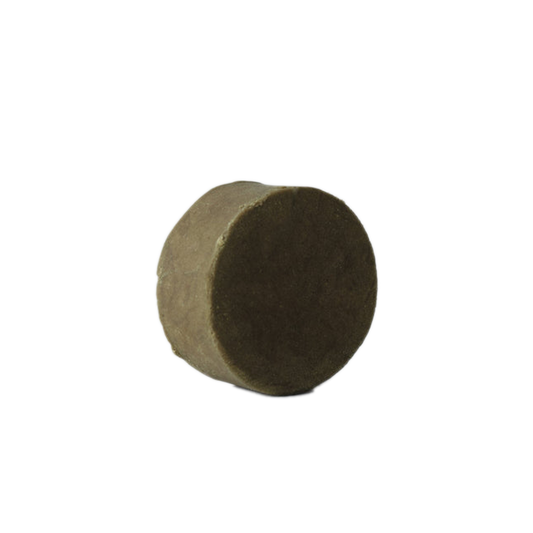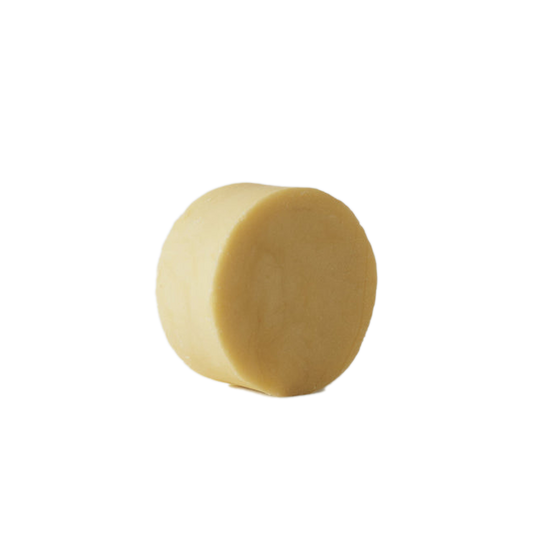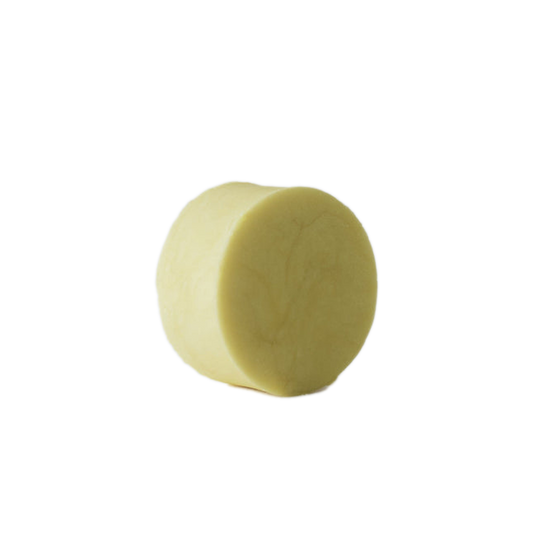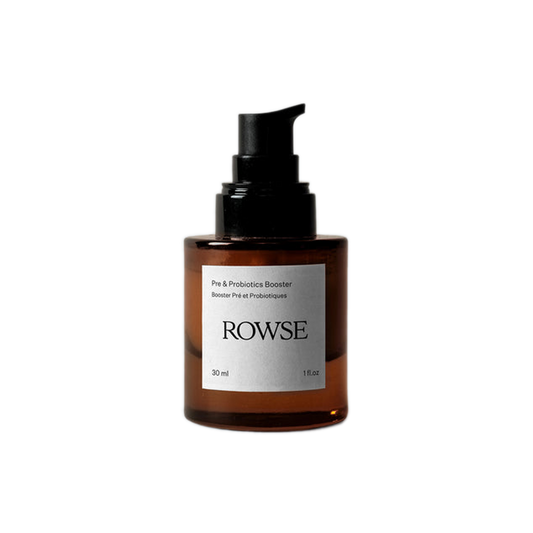When it comes to beauty, we’re always looking for a way to treat our skin a bit better and find the most innovative formulations that give great results. Which is why we’re hoping our latest beauty prediction is less of a trend, and more part of a long-term movement towards a different kind of skincare product.
Waterless beauty has been the word on the lips of industry insiders for a while now. It refers to products that are free from water, using botanical ingredients and oils instead, upping the potency and diminishing the need for preservatives and other unnecessary fillers.
A recent report by market research company Mintel declared that within beauty, ’Water is the new luxury”. The brand’s Global Beauty and Personal Care Analyst commented: “Water is set to be a precious commodity as consumption outstrips supply. The more consumers become aware of this, the more beauty brands will need to change how they manufacture and formulate products to limit their dependence on water.”
In mainstream cosmetics, some of the big brands are already making these preparations - L’Oreal have pledged to reduce their water consumption by 60% per unit of finished product by 2020. In the natural and organic beauty industry, the wheels are already very much in motion. So with the trend gaining traction, the question is: why should we be buying waterless beauty products in the first place?
The move towards waterless beauty originates from the skincare-pioneering country of Korea, where water-free cosmetics have been used for years for their potency and effectiveness. In a country of 10-step routines, it’s not surprising that Koreans have been championing the trend and relishing in the powerful skincare benefits.
Water usually makes up about 70% of most traditional creams, lotions, toners and cleansers. You’ll recognise it as ‘Aqua’ on the ingredients list of a product and the likelihood is it’ll be the first ingredient you see - i.e. the one with the highest quantity. Water is used because of it’s affordability (it makes a cheap base for products), however the great myth comes down to its hydration properties. Although a splash of water on our skin can feel hydrating, overuse of water topically dries out our skin in the long run. One of the oldest beauty hacks in the book is not to over-wash your face; and harsh, water-based cleansers and moisturisers can have the same effect - stripping the skin of its oils and breaking down its natural barrier.

Waterless beauty is designed to have the opposite effect. Without water, the need for other emulsifiers and additives is decreased. Oils, botanicals and active ingredients provide the main base, creating a more concentrated solution, and - you guessed it - better results.
However, although waterless beauty products are designed to be more potent, no water doesn’t always mean a more effective, concentrated solution. The reason being is that beauty brands are free to substitute water with another affordable filler, which can be just as diluting to the ingredients as good old water. At Glasshouse, we’re in favour of natural and organic brands who are deciding to formulate waterless products for the sole purpose of enabling the other ingredients to sing louder. Vitamin C, for instance, is highly sensitive to water and can result in the vitamin becoming oxidised and loosing its well-known antioxidant qualities. We suggest scanning ingredients lists and doing your skincare clueing-up before committing.
Texture plays a part in it as well. Water in a product usually makes the solution easier to apply and easier to absorb. Think of a luxurious-feeling moisturiser that’s pliable, spreads evenly and with ease. Just like switching to sulphate-free shampoo, switching to a waterless beauty product may take a bit of getting used - balm products and rich oils are good examples. However if these types of products are used appropriately, you’ll probably find they go further and last longer than their water-based counterparts.
Some brands are manifesting the idea of waterless beauty in a more literal way. Take East London based-skincare guru Guy Morgan - his high-performing products include a trio of face masks that come in powder form - designed to be manually mixed with water and applied topically. His decision to veto water was crystal clear: “I wanted to formulate something that could focus on the finest quality ingredients whilst keeping it simple and effective” he explained, “With powders, the benefits we get for our skin is that we have a fresh mixture every time we use it, one that’s not relying on preservatives to keep it fresh.”
Guy’s point is an important one. Zero water cuts out the need for preservatives, which are some of the most common reasons behind skin allergies and irritations. Instead, Guy’s products use “various sun-dried clays, minerals and powdered plant extracts, such as the super hydrating Marshmallow Root” and if you want to avoid water altogether, his clay masks can also be mixed with a plant-based carrier oil such as Rosehip or Jojoba, for an extra hit of nourishment.

Co-founder of Beauty Mart and former Glasshouse-interviewee Millie Kendall has also been quoted supporting Guy’s theory of powder-based solutions. Speaking to Get The Gloss, Millie cited powder products as part of the future face of the beauty industry, saying “These products are tapping into the global concern with the lack of water and how we use it in cosmetics. It alleviates the manufacturer’s problem of adding water in the manufacturing process where a lot of waste can occur. It also lowers the cost of distribution as powder is lighter than water.”
Ecologically, the benefits of waterless beauty are definitely worth noting and the shift in gear towards this type of cosmetic is certainly an exciting one. The fact that minimising the amount of water in our skincare products can have so many positive effects on our skin is an exciting one - innovation in the beauty market has hit its stride recently, but this is a movement we genuinely feel excited about. Innovative skincare has to be high-performing for it have longevity, and we have a feeling this particular area of beauty achieves exactly that. Long may it last.
Words: Lucy Vincent
Cover image: Frances Nazardo




